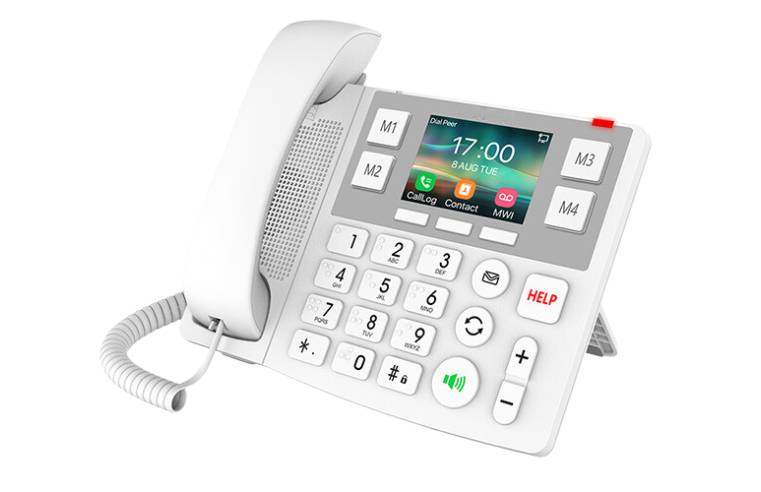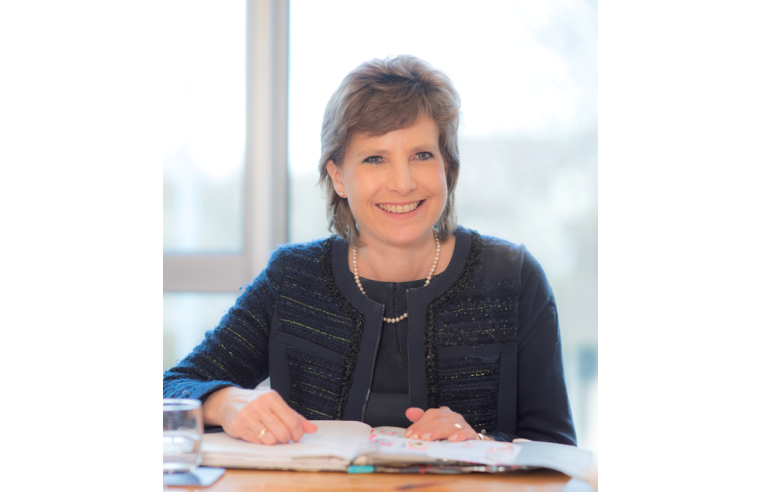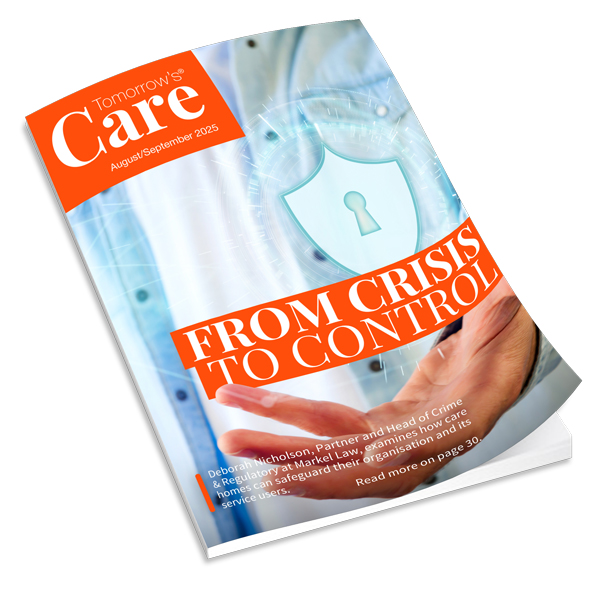A national alliance aimed at ensuring a better deal for wheelchair users has been set up under the leadership of one of the UK’s best known Paralympic athletes, Baroness Grey-Thompson.
The Wheelchair Leadership Alliance has been set up to help transform the quality and effectiveness of services for wheelchair users, who frequently face long delays for provision of wheelchairs that are often unsuitable for their needs.
Chaired by Baroness Grey-Thompson, the Alliance has begun work to set out its objectives for wheelchair service improvement in England, which will include the development of a national awareness campaign and the creation of a wheelchair charter. The campaign and the charter will be formally launched this summer.
The Alliance highlighted the existing information gap around wheelchair services and made a call for comprehensive data to build an accurate picture about the overall costs of wheelchair services, waiting times, quality and service user experience.
Baroness Grey-Thompson said: “We seem to know how long everyone has to wait in A&E every week, yet there is not even a single national data collection on how many people need wheelchairs in this country, let alone how long they have to wait for one, or whether it is the right chair.
“On behalf of the Alliance, I am delighted to note that NHS England is helping to address this gap though the development of a data set. Whilst there are some excellent examples of best practice being employed within wheelchair services, there remains a vast need for improvement and the collection of a data set will be a positive step in bringing about change for the wheelchair users in England.”
Current statistics reveal that many of the UK’s 1.2 million wheelchair users face delays in getting their chair – 70% wait more than three months, 30% face a delay of more than six months and 15% wait more than 12 months.
Paralympian heads up campaign for wheelchair users
 Grey-Thompson (front row, second right) with members of the Wheelchair Leadership Alliance.jpg)
Published on 23/03/2015
Related News
Categories
- CQC ratings
- Care home news
- Care jobs
- Care planning
- Care sector awards
- Care sector events
- Care sector news
- Care staff
- Charity
- Cleaning & Hygiene
- Construction
- Dementia
- Disability
- Entertainment
- Finance
- Fitness
- Food & Drink
- Fundraising
- Furniture
- Health & Safety
- Healthcare
- Hospice & Palliative Care
- Hospitals
- Industry Comment
- Interiors
- Laundry
- Legal
- Leisure
- Medication
- Mental Health
- Mobility
- New appointments
- PPE
- Products
- Property
- Recruitment
- Relationships
- Research
- Safeguarding
- Security
- Services
- Social care
- Sustainability
- Technology
- Training
- Transport
- Uniforms
- Waste
- Wearables

























